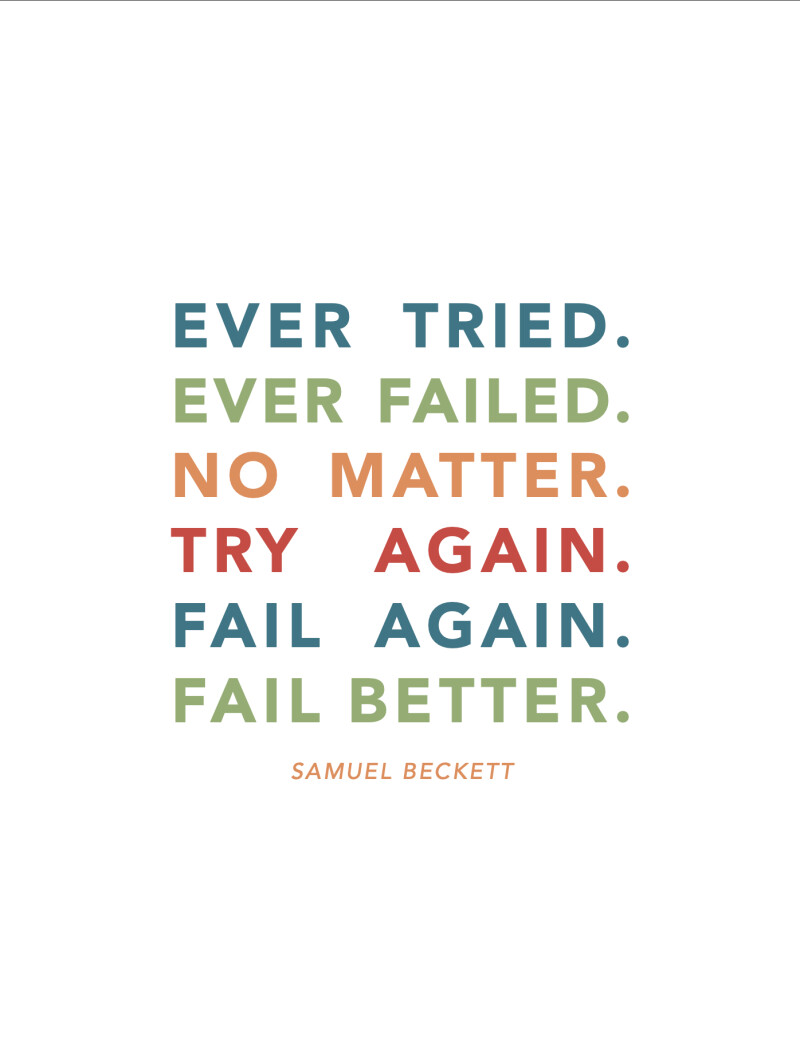Late summer days that lead into fall bring up a sense of renewal for me. New Year’s resolutions are long forgotten, but as nature shifts from vibrant green to autumn’s familiar colors, I’m reminded that there is still time for change, even if it looks different from my early January plans.
However, without a growth mindset, it’s hard to embrace change and internalize learning opportunities that come in the form of disappointments and setbacks. Psychologist Carol Dwek said, “In the fixed mindset, everything is about the outcome. If you fail—or if you’re not the best—it’s all been wasted. The growth mindset allows people to value what they’re doing regardless of the outcome.”
Melinda Brown shares three growth-mindset building blocks in her Seek course, “How to Help Children Develop the Skills of Agency.” Although her focus is on children, the ideas she presents helped me reframe my thinking so that when I feel called to change, I can embrace that journey, even if it’s difficult.
Life is all about practice
In their home, Melinda’s family says it this way: “There are no tests, only practice.”
My husband teaches AP English, and for two semesters he helps his students get ready for the national exam at the end of the school year. Class time is dedicated to writing practice essays and answering practice questions so that when test day comes, students are confident, and the actual exam feels just like the practice they’ve been doing all year. When I look at life as a giant test, it feels overwhelming. But when I’m able to reframe my thinking and see situations as learning opportunities and practice to be better than I was before, I learn more. This practice mindset also helps me look at my own progress and makes me feel less inclined to compare myself to others and more inclined to turn to God for help.
Growth mindset questions: What feels like a test in your life right now? How can you reframe your thoughts around the situation and look at it as life practice instead?
Think like a scientist: Look at experiences like experiments
Scientists think about gathering information and data, rather than focusing on failure when an experiment doesn’t go as hypothesized. Setbacks are opportunities for data collection that can help an experiment run better the next time.
My oldest son recently finished a summer internship, a big step in life. What he did to get that internship was an example of having a growth mindset and putting the idea of “experiences as experiments” into practice. In looking for a position, he ended up applying for nearly one hundred different internships. During the application process for several of these positions, it would often seem as though he was about to receive a job offer, but for whatever reason, it wouldn’t work out. Rather than focusing on the rejections, he approached the application process like an experiment, refining his resume and interview techniques again and again, until something did work out.
Growth mindset questions: What setbacks have led to unexpected opportunities in your life? Is there an experience in your life that you can look at as an experiment to help you learn from it and move forward?
Three “P” words to remember: patience, process, and progress
“Note that perfection is not included in this list. Speed and perfection are enemies to durable, difficult learning.” Melinda Brown
Patience, process, and progress are helpful words to remember when thinking about spiritual growth. Recently, I had an experience where I felt like I should have heard the Spirit prepare me for a difficult situation, and I felt bad that I had surely missed several promptings. Remembering patience, process, and progress helped me reframe this experience as part of my spiritual growth, reminding me that the Atonement is real and to be patient with myself as I keep trying to develop my ability to receive personal revelation. President Russell M. Nelson said, “To be sure, there may be times when you feel as though the heavens are closed. But I promise that as you continue to be obedient, expressing gratitude for every blessing the Lord gives you, and as you patiently honor the Lord’s timetable, you will be given the knowledge and understanding you seek.”
Growth mindset questions: What area of your life needs a little more patience so you can see the progress you’re making? What process in your life can you change or refine to lead to personal growth?
One more thought from Melinda on building a stronger growth mindset: “Life is designed to be full of problems, pickles, dilemmas, and predicaments. It’s really all about learning to figure it out. Perhaps our number one goal of parenting [and for life] should be helping our children [and ourselves] learn to love problem-solving.”
Learn more from Melinda’s Seek course: How to Help Children Develop the Skills of Agency
Screenshot or print this poem, one that Melinda and her family often say as a reminder to keep a growth mindset.



